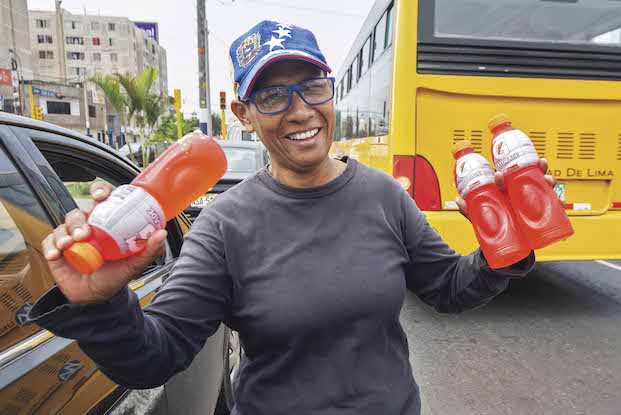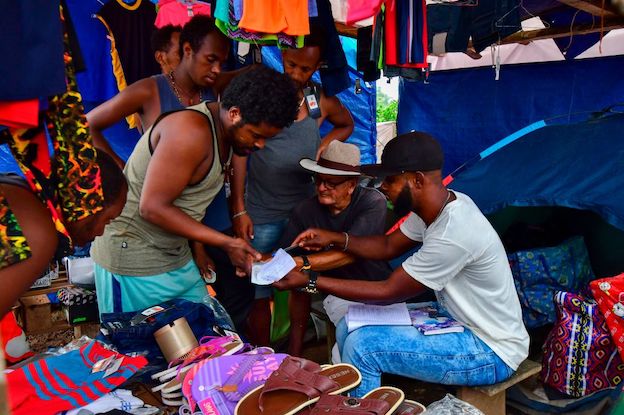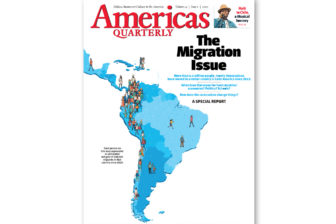This article is adapted from AQ’s special report on migration
Migration is one of the most pressing issues we face in the hemisphere. As AQ prepared this issue, my focus was on the difference between a migrant and a refugee. According to the U.N. Refugee Agency (UNHCR), a person who is forced to flee due to war, violence or persecution is a refugee, while a migrant is someone who chooses to move.
That’s a distinction that, at least in the case of Venezuela, is almost too small to notice. Is a person who is denied food, medicine, water, electricity and basic human rights a migrant or a refugee? I would argue that it doesn’t really matter, as in practice life is almost impossible in both cases.
Then came the pandemic.
Today, whether we call a person a migrant or a refugee, the conditions in which many are living in the context of the novel coronavirus present a massive danger to each individual, old or young.
Overnight, we have transformed into a society of social distancing to protect against this invisible but very present enemy. The crowded living conditions of many migrants means they face a high risk to catch — and spread — the virus.
As a reaction, countries have sealed their borders to migrants, freezing the legal flow of people. Another effect is to cut off the flow of day migrants who cross the border just to work or buy food.
The other outcome — possibly even more tragic — of the pandemic is a backlash against the millions of people already living in countries other than their own. This backlash is not just about the fear of spreading disease. As unemployment rises, it will also be around competition for jobs. Finally, governments will have fewer resources to dedicate to aid the migration crisis, making the situation even more challenging.
At this point, given the realities of the coronavirus and the political fallout, there is no good solution. However, there is a humanitarian path. We cannot allow our fear of the economic and medical realities of coronavirus to overwhelm our sense of right. I implore governments and citizens to take the humanitarian path and help those in need.








